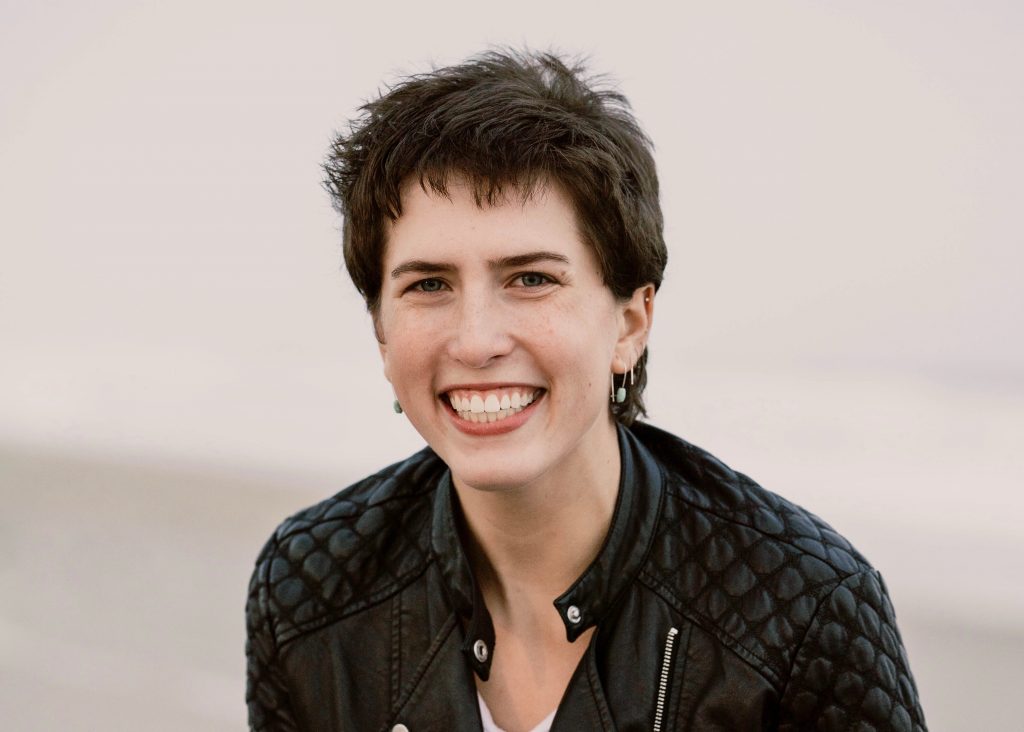GOLD
Billie is the first to sprout breasts in our bunk, her body so coveted amongst our puny group that when she admits to picking her nose, no one says a word about it, besides J.L., who laughs and replies, “Yeah, everybody does.” I’m flat as a knife, but I pick my nose too. It’s not all proper and smooth like Billie, who has the technique down, twisting her pointer finger around her nostrils like a drill and dragging out lines of snot the color of grilled corn. I didn’t know girls could get away with such things, but Billie digs for gold like it’s supposed to be sexy.
When I pick my nose one scorching afternoon by the lake, J.L. catches me and hisses, “that’s disgusting” and I look, like she’s looking, to my finger covered in crust and blood. Billie strides over in her triangular bikini and peers at the damage. “I’ve seen better,” she says, which is not the worst thing she could say. She sashays closer, breasts knocking like a Newton’s cradle, and I squint at her, a mobile sun. When she lays down, her newly expanded hips, round as risen bread, are swollen next to my unleavened ones.
“How do you do it?” I ask. Billie doesn’t say, “Do what?” She doesn’t say anything. We just fry our cells until they scream and I pretend I am being worshipped too, forgetting the maturing voice in my head, who’s been daring me to break my own heart.
E.J. SCHWARTZ‘s writing has appeared in The New York Times, Barrelhouse, Necessary Fiction, and elsewhere. A New Jersey native, she now teaches and studies fiction at the University of North Carolina Wilmington. She tweets @byEJSchwartz.
Read more by E.J. Schwartz:
Prose in Barrelhouse
Prose in Ghost Parachute
Prose in The New York Times
